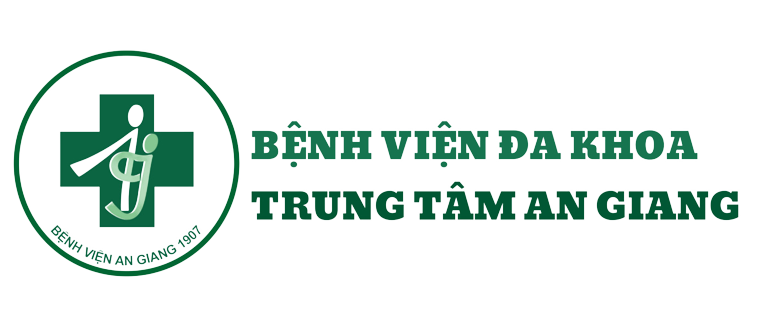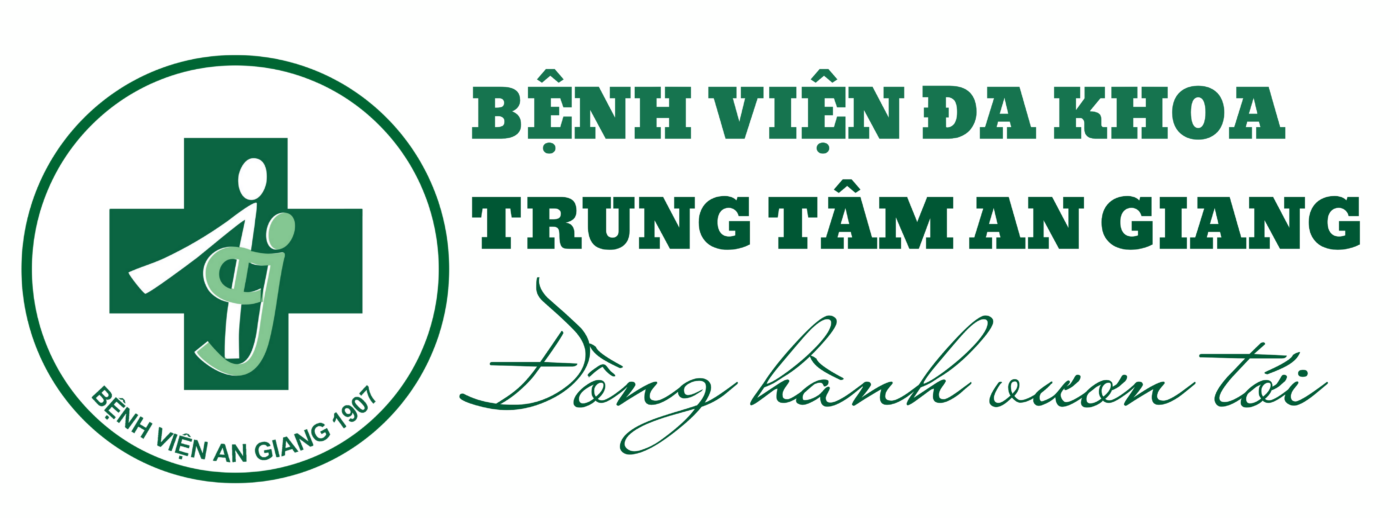Cochrane Database Syst Rev. 2005 Apr 18;(2):CD004873.
Perrotta C, Ortiz Z, Roque M.
Centre of Epidemiology Research, National Academy of Medicine, Pacheco de Melo 3081, Buenos Aires, Argentina, 1425. carlaperrotta@yahoo.com
BACKGROUND: Acute bronchiolitis is the leading causes of medical emergencies during winter in children younger than two years of age. Chest physiotherapy is thought to assist infants in the clearance of secretions and decrease ventilatory effort.
OBJECTIVES: To determine the efficacy and safety of chest physiotherapy in infants aged less than 24 months old with acute bronchiolitis.
SEARCH STRATEGY: We searched the Cochrane Central Register of Controlled Trials (CENTRAL) (The Cochrane Library Issue 2, 2004) which contains the Acute Respiratory Infection Group’s specialised register; MEDLINE (January 1966 to June 2004); EMBASE (1990 to June 2004); PASCAL; SCISEARCH; LILACS; and Cumulative Index to the Nursing & Allied Health Literature (CINAHL) (1982 to May 2004).
SELECTION CRITERIA: Randomised controlled trails (RCTs) in paediatric patients younger than twenty four months old in which chest physiotherapy was compared against no intervention or against another type of physiotherapy.
DATA COLLECTION AND ANALYSIS: Two independent reviewers extracted the data. Primary outcome was a severity clinical score. Secondary outcomes were length of hospital stay, duration of oxygen supplementation, and the use of bronchodilators and steroids.
MAIN RESULTS: Three clinical trials met the inclusion criteria. All evaluated vibration and percussion techniques in postural drainage positions compared to no intervention. The study population were hospitalised infants with a clinical diagnosis of acute bronchiolitis, although one study included only infants who required nasogastric tube feeding or intravenous fluids. None of the other included trails observed any differences in the severity of the clinical score at day five or during each of the five days of the trial or until discharge, length of hospital stay, or oxygen requirements between chest physiotherapy group and control.
AUTHORS’ CONCLUSIONS: Based on the results of three RCTs, chest physiotherapy using vibration and percussion techniques does not reduce length of hospital stay, oxygen requirements, or improve the severity clinical score in infants with acute bronchiolitis that are not under mechanical ventilation, and who do not have any other co-morbidity. Chest physiotherapy using forced expiratory technique needs to be evaluated by clinical research.





